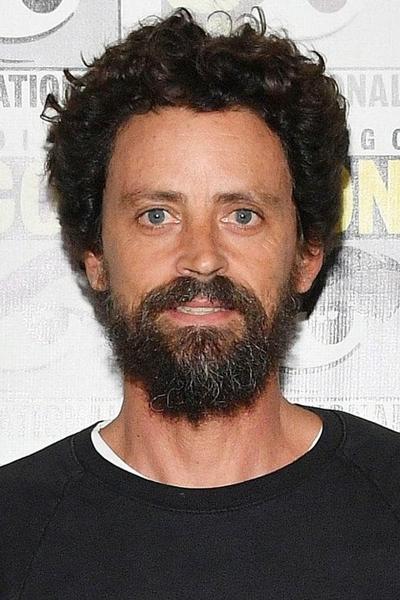Easily the best animated comic-book movie ever made...
Miles Morales (Shameik Moore) is a gifted teenager in Brooklyn who becomes bitten by a spider that grants him extraordinary powers. There's just one problem - there's already a Spider-Man in the city, and when Kingpin (Liev Schreiber) tries to open a portal to other dimensions, more Spider-Men (and women, and pigs) arrive on the scene to cause havoc...
'Spider-Man: Into The Spider-Verse' is a difficult movie to summarise. That little introduction above doesn't capture half of what the story's about, and it doesn't even dive into the themes and motifs of it either. That's not to say that it's overstuffed like so many comic-book movies often are, but rather that there's a rich tapestry being woven together on screen that reveals itself through the course of it - and that's good storytelling in a nutshell.
What's perhaps more fascinating about 'Into The Spider-Verse' is that its central conceit - multiple Spider-Men existing on the one screen - couldn't exist anywhere else but in animation or with this character. Aside from Batman, Spider-Man is probably the most pliable comic-book character out there in terms of how he's portrayed on screen. Tobey Maguire made him sullen and unsure of himself, Andrew Garfield played him like a rom-com character, Tom Holland currently plays him like a giddy teenager - they're all distinct in their own way, and this informs 'Into The Spider-Verse' and its take on the character.
Bringing in an aged, paunchy Spider-Man - voiced by Jake Johnson - is a smart move, as he acts not only as a mentor to Miles Morales, but as a voice of the audience's own jaded view on Spider-Man and comic-book movies in general. He's seen it all, knows how it's going to go, and isn't nearly half as impressed as Morales is by the ability to walk up and down a wall or fling webs. This level of knowing, both of the audience and of how to structure a story dynamic, is exactly why Phil Lord and Chris Miller are some of the sharpest writers working today and exactly the kind of minds needed for a story as wildly inventive as this.
It doesn't end there, as the animation and the visual aesthetic not only embraces the freak-flying nature of the story, but also pays homage to the likes of Chuck Jones and gives it a sense of vibrancy. Using animation means that the directors are able to fully embrace the medium of comic-books in a way that live-action movies can't. That's important, because so often comic-book movies are concerned with telling a story as realistically as possible. Here, that's not the case. Nobody cares if Kingpin looks like a giant block of darkness - if anything, it actually looks like it belongs in this world.
Beyond the visuals, 'Into The Spider-Verse' works its story into an emotionally convincing arc, and the voice cast more than backs it up. Nicolas Cage (yes, really) plays a wonderfully outrageous, '40s Noir-inspired version of Spider-Man, John Mulaney yucks it up as Spider-Ham and Brian Tyree Henry plays the loving father to Miles with a warmth and humility that breaks through the animation and becomes one of his best performances, period.
Unique in a way that comic-book movies so often aren't, 'Spider-Man: Into The Spider-Verse' is easily the best animated comic-book movie ever made, and a strong candidate for one of the best comic-book movies ever made.












































































